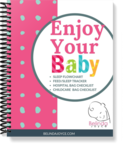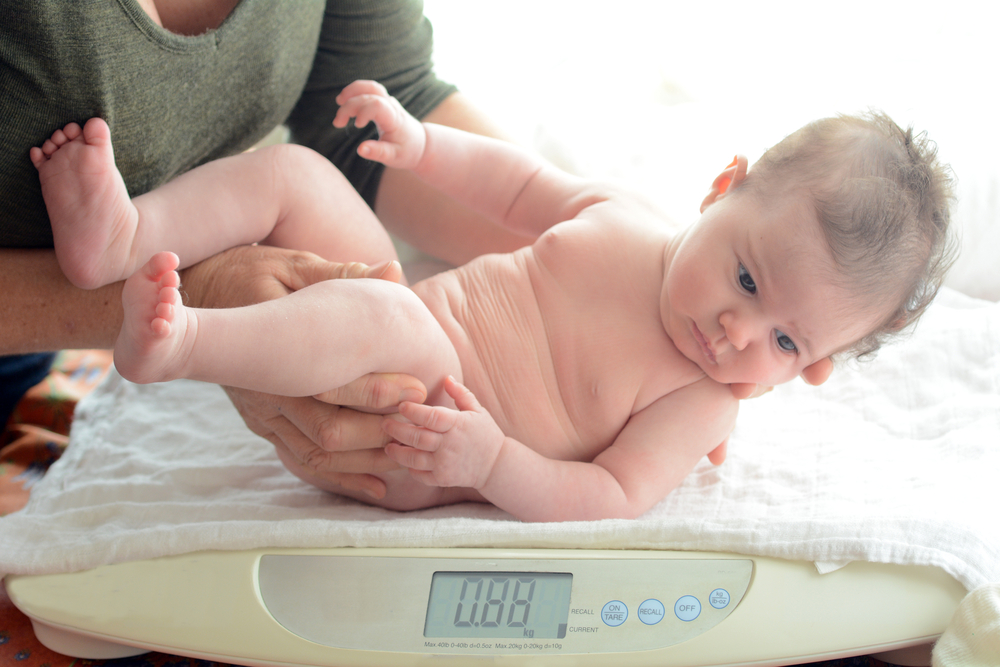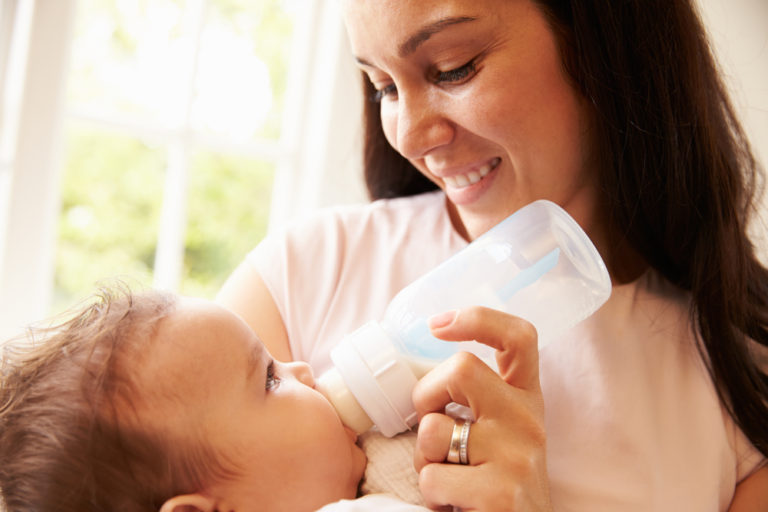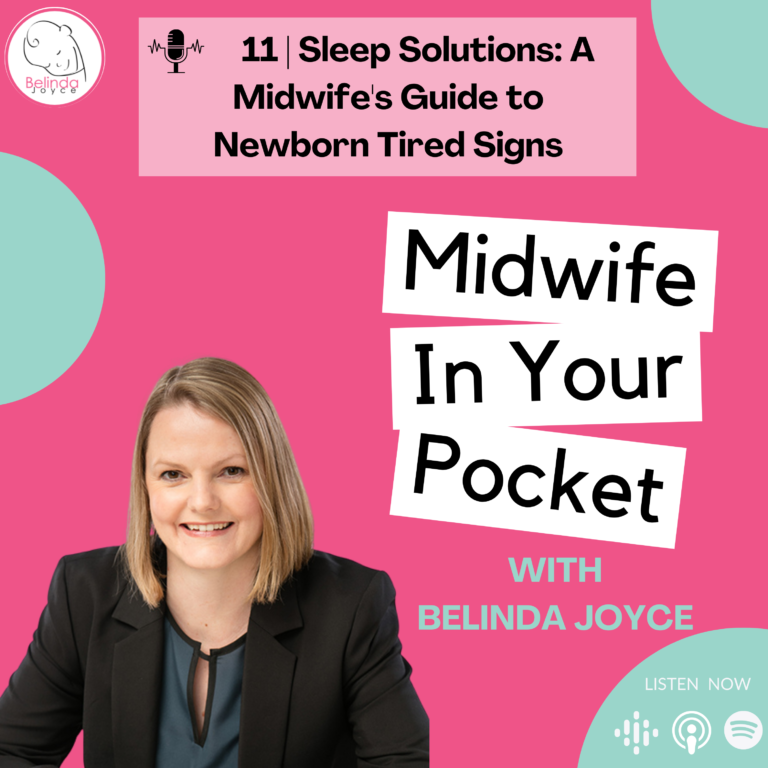How Much Weight Should My Newborn be Putting On?
Newborn Weight Gain
It’s normal for your baby to lose up to 10% of their birth weight in the first few days of life. Healthy full term babies that are feeding well will usually get back to birth weight by 2 weeks of age or 3 weeks at the latest. Newborn weight gain is something we check often and it stresses many parents in the early weeks of life.
We don’t want to weigh newborn babies too often, weighs should be at least 48 hours apart to avoid unnecessarily alarming parents. Baby could appear to have lost weight due to the weight check being before or after a feed, baby passing urine or having a large bowel movement prior to weighing. Unfortunately this can happen all too easily and can stress new parents out.
Discrepancies between scales used to measure your baby’s weight from the hospital, home visiting scales, doctors or nurses centre can create confusion. And this can add undue stress and worry for no reason. If this may have occurred, try to use the same scales for future weight checks.
We must take any loss of weight or lack of weight gain seriously, your health professional will guide you on the next steps.
DISCOVER HOW TO SURVIVE & ENJOY YOUR BABY!
 The pack is full of checklists and printables to help you improve sleep challenges with our flowchart, decide what to take to hospital, what equipment is essential, what to put in your nappy bag and so much more
The pack is full of checklists and printables to help you improve sleep challenges with our flowchart, decide what to take to hospital, what equipment is essential, what to put in your nappy bag and so much more

Breastfeeding:
If your baby has not gained the expected amount of weight, it is good to have an assessment of your breastfeeding technique by your midwife, lactation consultant or maternal and child health nurse. A thorough medical examination to exclude illness may be required, especially if breastfeeding appears to be going well but weight gain remains low. An appointment with a Lactation consultant (LC) would also be beneficial.

Bottle Feeding:
If bottle feeding, an assessment of your bottling technique and baby’s suck and swallow is helpful. We would also check that formula is being made exactly as the instructions state with the correct formula to water mixture. If bottle feeding appears to be going well but weight gain remains low, then a thorough medical examination is required to exclude medical illness.

Growth Charts:
It is best to monitor growth over time rather than taking only one measurement. We use growth charts to track growth over time. In Australia the World Health Organisation (WHO) growth charts are usually used and we expect babies to grow in a similar curve to that on the graph. If a baby seems to be crossing growth curves particularly downward, an assessment of feeding and a medical examination is required.
Many parents want their baby to be above the 50% percentile however it is important to understand that all percentiles are normal. Half of all healthy babies should be above the 50th percentile and half below it. If your baby is particularly high or low your health professional will likely keep a closer watch on growth, but it is probably normal.
Average weight gain:
Birth to 3 months: 150-200gms a week
3 to 6 months: 100-150gms a week
6-12 months: 70-90gms a week
Please don’t be alarmed if your baby is not gaining exactly this amount, always be guided by your health care professional. If you are worried get a second opinion.
I feel that there is often too much emphasis put on weight gain and there is a large variation of what is normal in growth and if your health care professional is not concerned then you shouldn’t be either.
Look for other signs of growth:
- At least 5 heavy wet nappies a day
- Regularly passing soft poos
- Growing out of clothes in length or width
- Going up a nappy size-too tight around waist or legs
- Getting too large for their bassinet
- Chubby cheeks, arms or legs
- Taking up more space in their car seat
- Feeling heavier to carry
If at any time you are concerned about your baby’s weight gain and growth seek support from health professionals such as your maternal & child health nurse, midwife, doctor, paediatrician, or lactation consultant. Sometimes you will need a few different professionals to get to the bottom of what is going on and to get back on track.
Parents often mention how satisfying it is watching their baby grow, especially around their first birthday! It really is amazing how fast they grow and develop.
Click here to get my bonus bundle of checklists to help you prepare for your new baby, including: baby equipment checklist, hospital bag checklist, nappy bag, childcare bag checklist, travel checklist, sleep & feed tracker, newborn sleep flowchart and more.
My book ‘Survive and Enjoy Your Baby, How To Find Your Path to Parenthood’ has all the information you need for your baby’s first year of life. The book is available in all good book stores or from my online shop.





